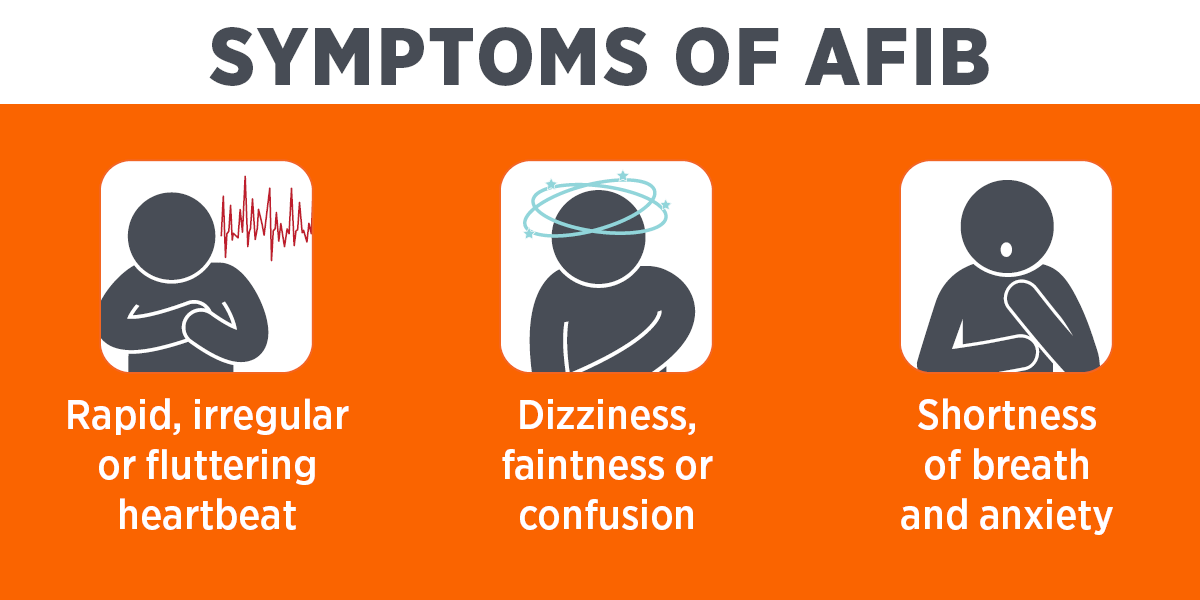
The Racing Heart: Understanding AFib
Atrial fibrillation (AFib) is a common and potentially serious heart condition characterized by irregular and frequently accelerated heart rhythms. In some cases, individuals with AFib may not experience noticeable symptoms, also known as silent AFib. Others may have mild symptoms that they may not immediately associate with a heart rhythm disorder. The lack of obvious symptoms doesn’t diminish the potential risks associated with AFib.
Increased Stroke Risk:
AFib significantly increases the risk of stroke. Irregular heartbeats can result in the accumulation of blood in the heart chambers, leading to the formation of clots. If these blood clots move into the brain, they can lead to a stroke. To reduce this risk, persons diagnosed with AFib are frequently prescribed anticoagulant drugs, which help prevent blood clot development.
Underlying Causes and Risk Factors:
High blood pressure, heart disease, diabetes, obesity and advanced age are all risk factors that increase the chance of having AFib. Moreover, lifestyle factors like excessive alcohol use and smoking may also increase the probability of developing AFib. Understanding and effectively managing these key components are essential in the treatment and prevention of AFib.
It is important for people to know their medical condition, recognize the symptoms of AFib, and seek immediate medical care if they experience these symptoms. Timely identification and proper treatment can greatly enhance the outcome for persons with AFib, reducing the likelihood of stroke and enhancing overall cardiovascular well-being.
If you experience symptoms of AFib, contact a healthcare provider right away. To schedule an appointment with a cardiologist, call the OSU Cardiovascular Medicine at 918-582-7711.